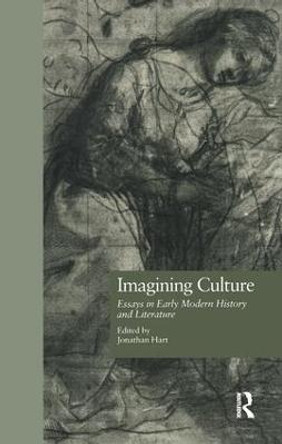Description
This edited collection reconnects the literary imagination to the early modern cognitive environment. Under the spell of post-romantic aesthetics, modernist criticism regarded the imagination as an autonomous driver of artistic production and severed its dense ties to the image, reducing the latter to a formalistic category emptied of psychological significance. But early modern writers and thinkers did not hold such views. They understood the literary image to issue from the embodied mental faculties of the author and, through its rhetorical inscription, to influence, in turn, the interiority of the reader. For both authors and readers, then, engaging with images was not a detached aesthetic experience; it was a psycho-physiological struggle fraught with ethical peril insofar as the imagination was known for its volatility and unruliness, susceptible to the dysfunction brought on by disease and bearing, at times, in Protestant England the taint of superstition and idolatry. This volume accordingly investigates the imagination’s alliances, altercations, and betrayals with rival cognitive operations based upon premodern faculty psychology.
Book Information
ISBN 9783031550638
Author Mark Kaethler
Format Hardback
Page Count 398
Imprint Palgrave Macmillan
Publisher Springer International Publishing AG







